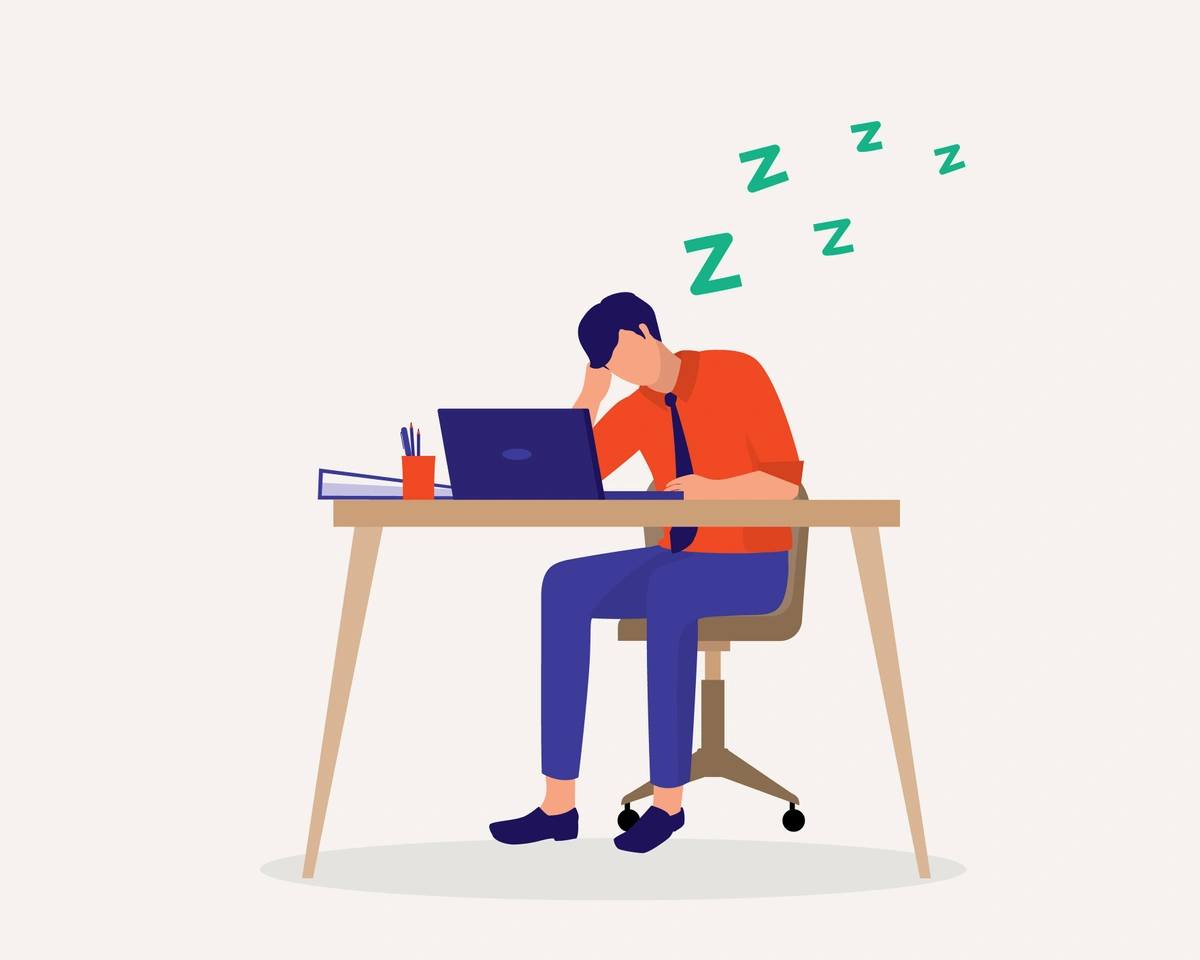Chronic Fatigue Syndrome (ME/CFS)

Chronic Fatigue Syndrome
Chronic Fatigue Syndrome (CFS) is a long-term disorder characterized by persistent and severe fatigue. It is a condition experienced by an estimated 2.5 million Americans. Women are more likely to suffer from CFS than men. The condition can occur at any age, but appears most common between the ages of 40-60 years old. Chronic fatigue syndrome is also known as myalgic encephalomyelitis, and is sometimes referred to as ME/CFS.
What it looks like
Individuals with CFS suffer from extreme fatigue that is unrelieved by resting. In addition, even minor exercise can be exhausting for the person with this disorder; this condition is often referred to as “post-exertion malaise.”
People with chronic fatigue also experience un-refreshing sleep; no matter how many hours of sleep they obtain, it never feels like enough. People with CFS also have one of two other symptoms. For example, they may experience cognitive impairment, which is often referred to as “brain fog.” This is a condition in which the person has trouble remembering things or concentrating on achieving goals. Alternatively, the person may have orthostatic intolerance, which is a situation that occurs when the person changes position from lying down to sitting or sitting to standing up. The person with orthostatic intolerance experiences a drop in blood pressure when they change position, and this can cause the individual to feel dizzy or faint. In general, cognitive impairment is more common than orthostatic intolerance.
Many people with chronic fatigue also suffer from chronic pain; for example, one study contrasted different types of pain in people with chronic fatigue syndrome versus comparable healthy individuals. The researchers found that nearly ¾ of the individuals with CFS had muscle pain, versus only 10% of healthy subjects. They also found that nearly ⅔ of people with CFS experienced joint pain, compared to just 12% of healthy subjects. In addition, half the patients with CFS suffered from headaches, versus only 7% of the healthy subjects. Lastly, nearly half of the patients with CFS had tender lymph nodes compared to none of the healthy subjects. The reasons for these prevalences of chronic pain among people with chronic fatigue syndrome are unknown.
Causes of Chronic Fatigue
Researchers have been unable to pinpoint the causes of chronic fatigue syndrome but there may be a genetic link because the disorder appears to “run in” families. Researchers are currently seeking specific genetic links but have not identified any to date. Experts also have studied whether the cause of chronic fatigue may be viral; although no virus has yet been identified, this research is ongoing. It should also be noted that some experts worry that the Coronavirus-19 pandemic, which appears to have a longer-term effect on some individuals, may increase the overall incidence of chronic fatigue syndrome worldwide, but it is too soon to tell if this is a valid concern.
Unique challenges
Many people with chronic fatigue (and their family members) blame themselves for being tired all the time and for under-performing tasks in their daily routines. It is important to know that chronic fatigue is nobody’s fault and that individuals with this problem should throw off this unmerited self-blame. The impact of chronic fatigue varies among individuals and some individuals become bed bound while others can perform basic tasks. It is very difficult for most people with chronic fatigue syndrome to hold down a 9 to 5 job.
CFS often accompanies other conditions
Sometimes one condition is the result of the other, left untreated. For example, individuals with chronic fatigue have a higher likelihood of experiencing symptoms of anxiety and depression than those without chronic fatigue. These symptoms can be frustrating and quite challenging to cope with, depending on their severity. Specifically, we observe when patients struggle with chronic fatigue in addition to anxiety or depression, treating the underlying condition whenever possible tends to improve all other symptoms. The exception is when a person’s depression or anxiety is so severe that they need immediate relief. At that point, the order of interventions must be considered. However, chronic fatigue is a serious illness and in most cases needs to be treated as soon as possible.
Untreated Chronic Fatigue
Experts believe that many people with chronic fatigue syndrome have yet to be diagnosed. In addition, many physicians are not knowledgeable or even aware of the condition, while some doctors believe that individuals with the symptoms are malingering or “faking it.” Such views are very disheartening for people with chronic fatigue syndrome. Seeking and obtaining treatment from a doctor who realizes that the disorder is a real problem can be a challenge.
Outlook
While living with chronic fatigue syndrome can present unique obstacles, treatment can dramatically improve one’s quality of life. Many people who are properly diagnosed and treated with medications or other therapies notice improvement.
In good company
Some notable people diagnosed with Chronic Fatigue Syndrome are Professional soccer player Michelle Akers, famous singer Stevie Nicks, rap artist Mama Chill, Skater Amy Peterson, and author of Seabiscuit and other novels, Laura Hillebrand.